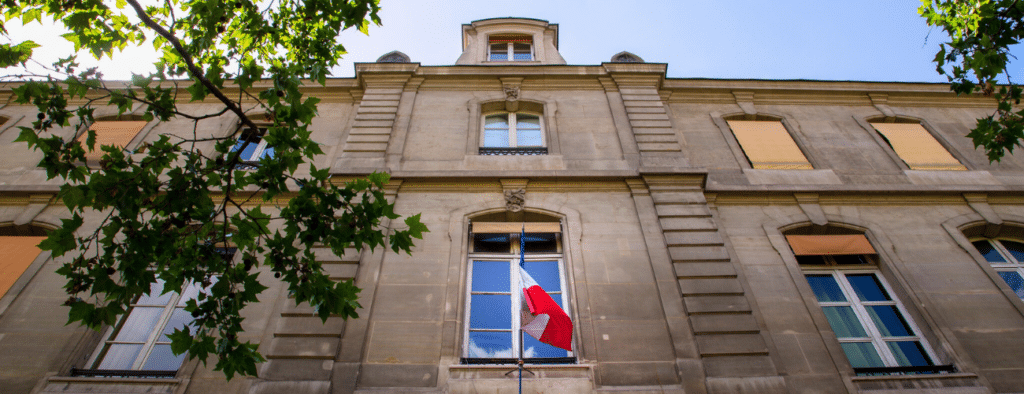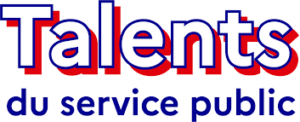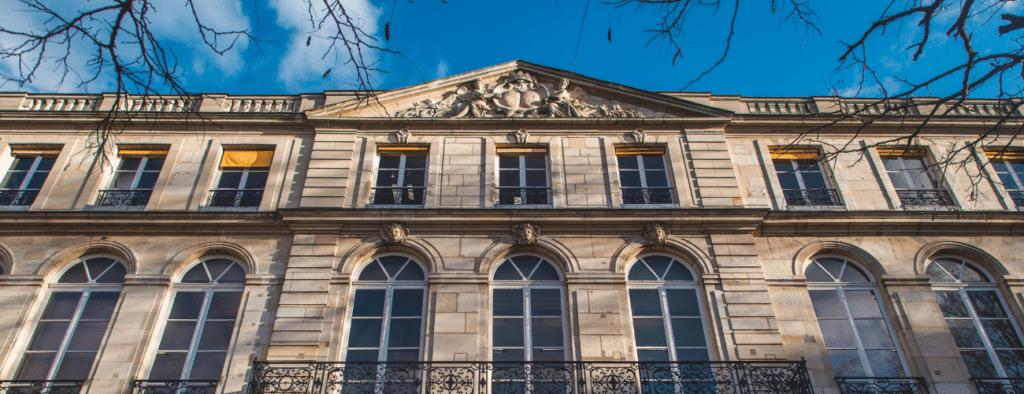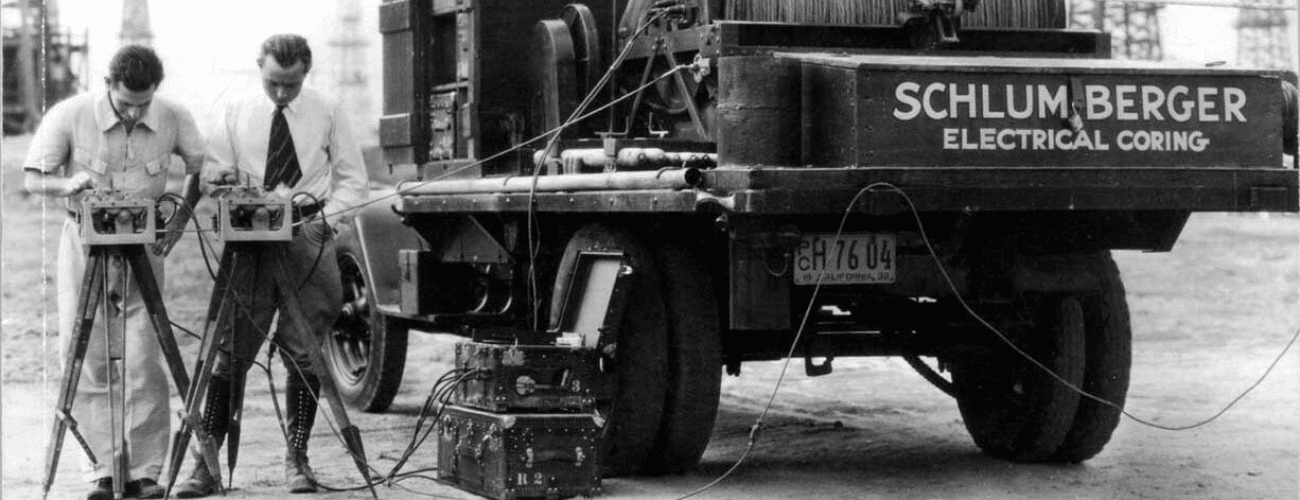Corps des Mines
The Corps des Mines is an interministerial senior technical management body reporting to the Minister for the Economy.
The Corps des Mines is the result of a merger between the former Corps des Mines, the Corps of Telecommunications and the Insurance control corps.

High-level responsibilities in government and business
Working in government departments (ministries, independent authorities, etc.) or in European and international bodies (e.g., the European Commission), Engineers of Corps des Mines design, draw up and implement public policies and national and international regulations, and help modernize the administration. Also present at the highest levels of companies, they are major players in economic dynamism and innovation, and monitor their development. Finally, they participate in fundamental and applied research within public and private organizations.
Areas of expertise Corps des Mines engineers :
- industry and the economy ;
- digital technology, its use, particularly in administration, and related services;
- energy and raw materials;
- environmental protection, industrial safety and public health;
- research, innovation and new technologies;
- regional planning and transport;
- standardization and metrology;
- banking, insurance and financial services.
How to apply ?
Recruitment is based on ranking at the end of École polytechnique, or on a specific competitive examination after graduating from the Écoles Normales Supérieures, Mines Paris – PSL (civil engineering degree) or Télécom Paris.
Dedicated competitive examinations also enable engineers with previous experience in the public sector to join the Corps des mines.
An external competitive examination is also open to candidates holding a doctoral thesis in one of the Corps des Mines’ fields of expertise.
Choosing the Corps des Mines means
- contributing to progress and economic development that respects both individuals and our
- environment, around historical centers of gravity that are key issues for the 21st century;
- choosing a career in the service of the State, in the direct public interest, in positions of responsibility and visibility, focused on important and topical issues, well supervised, on complex subjects;
- opening up to a wide range of choices, both public and private (including start-ups);
- selecting a 3-year professional training program, open to the corporate world and international markets, followed by personalized career management.
Intended for scholarship-holders in their final year of engineering school who want to join the government’s major technical corps. The Talent Pathways enable students to enter the 3rd year of a leading engineering school, including Mines Paris – PSL, and benefit from :
- free training leading to a diploma high-level preparation for the competitive entrance exams to the technical corps;
- personalized tutoring;
- a Talents grant of €4,000 per year;
- assistance with accommodation and meals.
Education
Training at the Corps des Mines is based on in-depth personal investment and the acquisition of scientific and technical knowledge, designed to give young engineers a strong professional credential and the capacity for personal development throughout their career.
The training aims to develop young engineers’ knowledge of the realities of the economic world and society’s expectations, in a globalized context, as well as an understanding of the workings of the State and international governance.
It gives them in-depth international experience that prepares them for the challenges of their professional lives. It is characterized by a balance between acquiring high-level scientific skills and preparing them for their future responsibilities as decision-makers.
The Corps des Mines training department provides personalized support for students throughout their curriculum, to help them reflect on their professional project, vary their experience and plan their future career.
The program lasts 3 years, with a strong emphasis on in-company assignments and personal work. Mines Paris – PSL and Télécom Paris, are associated and participate in the various pedagogical activities of the program.
Integration period
After a one-month induction period, during which students are introduced to topics directly related to their corporate mission, such as observation, corporate strategy, labor law and accounting, students spend two months taking scientific and technical courses, all of which relate to two major transitions: Energy transition, Soil and tubsoil Resources for transition, Atomic engineering, Cybersecurity and digital product development.
These cycles, which combine field visits, individual work and projects, aim to give them an in-depth knowledge of a particular field.
This period also enables students to work with students of above levels, who are also taking these courses.
10-month work mission in France or neighbouring Europe
Students then spend ten months in France or the rest of Europe, working in an industrial or service company at the operational level of a graduate engineer. During their mission, they correspond with a more experienced Corps des Mines engineer, who helps them make the most of this experience. Contacts with the School are maintained through regular class reunions, which also enable students to share and compare their professional experiences. In addition, throughout the year, trainees work individually and then collectively on a cross-disciplinary theme. They also follow distance learning courses in modern languages.
11 months of work experience abroad
After a further 2 months of scientific and technical training, students then embark on an 11-month work experience abroad, to discover a new country.
Most of the time, this internship takes place in a company where the student-engineer occupies functions that are different and complementary to those of the first internship: for example, in sales or finance.
They correspond with a more experienced engineer. Class meetings are held by videoconference to share experiences within the class.
8 months of specific training
On their return, they follow a specific 8-month course, which enables them to discover many aspects of economic life and French and European institutions and administrations. The training program favors interactive formats, and students play an important role in the organization of the course, choosing themes and speakers. A significant part of the year is devoted to personal development courses. During this third year, they also prepare a dissertation, in pairs or trios, under the guidance of a pilot, which gives them the opportunity to confront a technical, economic or social public policy issue, by means of multiple interviews with the players concerned. This work takes up around half the time of 3rd year student-engineers.





